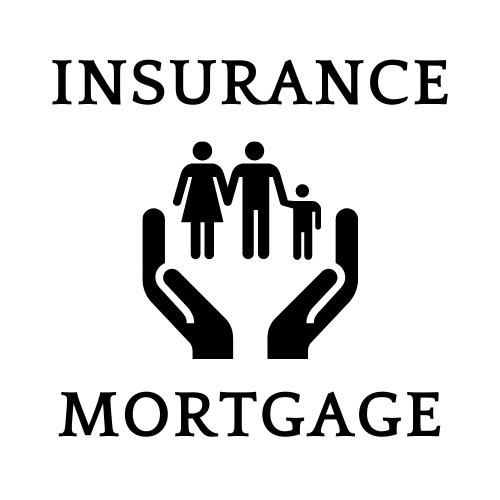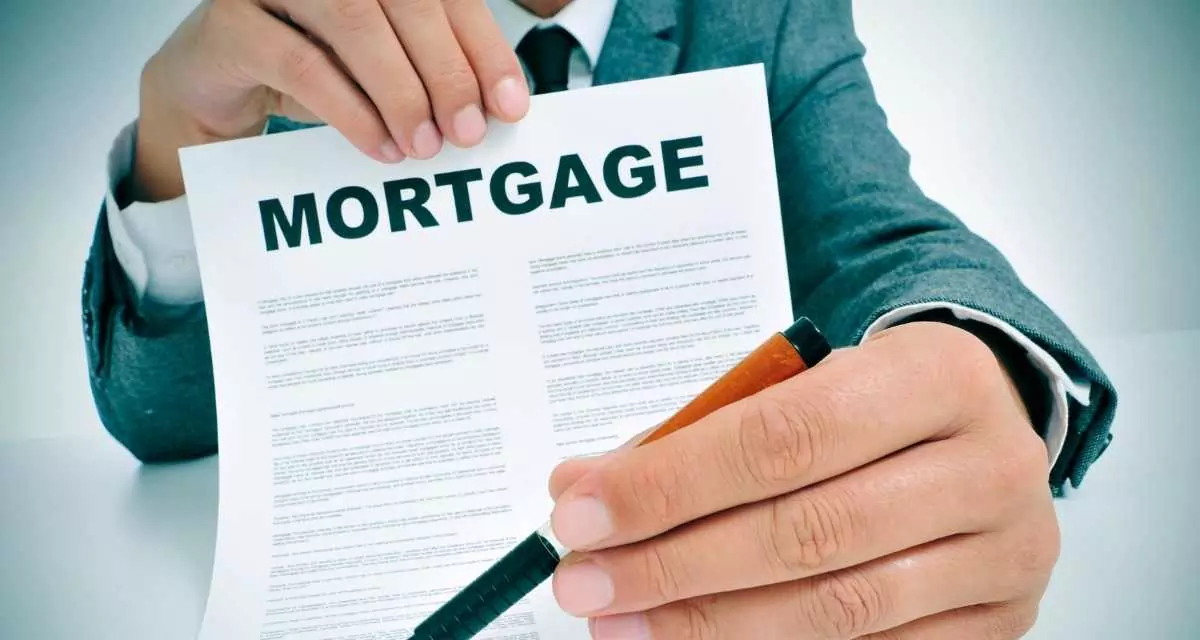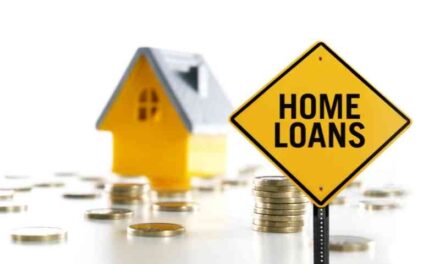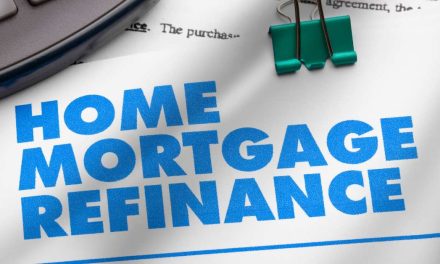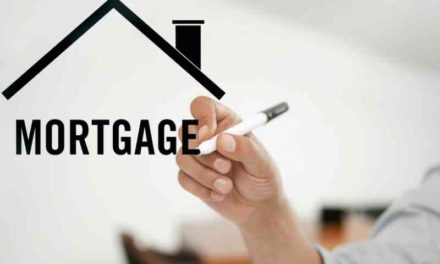If you’re considering homeownership and aren’t sure where to begin, you’ve come to the perfect spot. In the article, we will look at what is a mortgage loan? We’ll cover all the mortgage fundamentals here, including loan kinds, mortgage jargon, and the house purchasing process.
A Straightforward Definition Of A Mortgage
Before we begin, let’s review some mortgage fundamentals. To begin, what does the term “mortgage” really mean?
A mortgage, in its simplest form, is a kind of loan used to purchase or refinance a property. Additionally, mortgages are referred to as “mortgage loans.” Mortgages enable you to purchase a house without having to pay the whole purchase price immediately.
Who Qualifies For A Mortgage?
The majority of individuals who purchase a house do so via a mortgage. A mortgage is necessary if you are unable to pay the entire cost of a house in cash.
There are certain instances when having a mortgage on your house makes sense even if you have the funds to pay it off makes sense. For instance, investors sometimes mortgage homes in order to free up capital for other ventures.
To be eligible for the loan, you must fulfill specific criteria. As a result, someone who obtains a mortgage is most likely to have a steady and dependable source of income, a debt-to-income ratio of less than 50%, and a respectable credit score (at least 580 for FHA loans or 620 for conventional loans).
How does a mortgage loan work?
The lender provides you with a certain amount of money in order for you to purchase the property. You agree to repay your loan with interest over a several-year period. Until the mortgage is paid off, you do not completely own the house.
Mortgages enable individuals and companies to acquire real estate without having to pay the full purchase price upfront. The borrower repays the loan plus interest over a set period of years, or until the property is completely paid off. Mortgages are sometimes referred to as liens on real estate or claims on real estate. If a borrower defaults on a mortgage payment, the lender may foreclose on the property.
For instance, when a residential purchaser pledges their home to their lender, the lender acquires title to the property. This protects the lender’s interest in the property in the event that the buyer defaults on a financial commitment. In a foreclosure, the lender may evict the occupants, sell the property, and use the proceeds to repay the mortgage obligation.
What Is The Distinction Between A Mortgage And A Loan?
The word “loan” may refer to any financial transaction in which one party gets a lump amount of money and promises to repay it.
What is a mortgage loan? Mortgages are a kind of loan used to finance real estate. While a mortgage is a kind of loan, not every loan is a mortgage.
Mortgages are referred to as “secured” loans. A secured loan requires the borrower to pledge collateral to the lender in the event they default on their payments. The collateral for a mortgage is the house. If you become behind on your mortgage payments, your lender may foreclose on your house, a process called foreclosure.
What Is The Process Of Obtaining A Mortgage Loan?
When you get a mortgage, your lender provides you with a fixed sum of money to purchase the house. You agree to repay your loan — with interest – over a several-year period. Until the mortgage is paid off in full, you do not own the property completely.
Interest rates are decided by two factors: current market rates and the lender’s willingness to take on risk in lending you money. While you cannot affect current market rates, you can influence how lenders perceive you as a borrower. The better your credit score and the fewer red flags on your credit record, the more responsible lender you seem to be.
Similarly, the smaller your debt-to-income ratio, the more money you’ll have available to pay your mortgage. These all demonstrate to the lender that you are a less risky borrower, which benefits you by reducing your interest rate.
The amount of money you may borrow will be decided by your ability to repay and, most crucially, the home’s fair market value as established by an assessment. This is critical since the lender cannot lend more than the home’s assessed worth.
Parties to a Mortgage
Each mortgage transaction involves two parties: a lender and a borrower.
Lender
A lender is a financial organization that provides financing for the purchase of a house. Your lender may be a bank or credit union, or an internet mortgage lender such as Quicken Loans.
When you apply for a mortgage, your lender will examine your information to ensure that you satisfy their eligibility requirements. Each lender has its own set of criteria for whom it will lend money.
Lenders must use caution in selecting only eligible borrowers who are likely to repay their loans. Lenders do this by examining your whole financial profile – including your credit score, income, assets, and debt – to assess your ability to make loan payments.
Borrower
The borrower is the person who is seeking a loan to purchase a house. You may be able to apply for a loan as the only borrower or as a co-borrower. By adding more income-earning borrowers to your loan, you may be able to qualify for a more costly house.
Terminology in the Mortgage Industry
While house hunting, you may come across some business jargon. We’ve compiled an easy-to-understand glossary of the most frequently used mortgage terminology.
Amortization
A portion of each monthly mortgage payment will be used to pay interest to your lender, while the remainder will be used to pay down your loan amount (also called the loan’s principle).
Amortization refers to the method through which such payments are spread out over the loan’s term. During the early years of your loan, a greater percentage of your payment is applied to interest. As time passes, a greater portion of your payment is applied to the principal amount of your loan.
Payment in Advance
A down payment is money paid in advance to buy a property. In most instances, a down payment is required to get a mortgage.
The amount of the down payment required varies by loan type, but a higher down payment usually translates into better loan conditions and a lower monthly payment. For instance, traditional loans need as little as 3% down, but you will be required to pay a monthly charge (referred to as private mortgage insurance) to offset the low down payment.
On the other side, if you put 20% down, you’re likely to obtain a lower rate and avoid paying for private mortgage insurance. A mortgage calculator may assist you in determining the effectiveness of your down payment on your monthly payments.
Escrow
Paying property taxes and homeowners insurance is a necessary component of house ownership. To make things easier for you, lenders establish an escrow account to cover these costs. Your lender manages your escrow account, which works similarly to a bank account.
Although no interest is earned on monies kept in the account, it is designed to collect funds so that your lender may make tax and insurance payments on your behalf. Escrow payments are applied to your monthly mortgage payment to finance your account.
Not every mortgage includes an escrow account. If your loan does not include one, you are responsible for paying your property taxes and homeowners insurance. However, most lenders provide this option to ensure that property taxes and insurance are paid.
If your down payment is less than 20%, you must open an escrow account. If you make a 20% or more down payment, you may choose to pay these costs separately or as part of your monthly mortgage payment.
Bear in mind that the amount of money required in your escrow account is determined by the annual cost of your insurance and property taxes. And, since these costs fluctuate year to year, your escrow payment will fluctuate as well. This implies that your monthly mortgage payment may change.
Servicer of Loans
The loan servicer is responsible for distributing monthly mortgage statements, processing payments, maintaining your escrow account, and responding to your questions.
Occasionally, but not usually, your servicer is the same business that originated your mortgage. Lenders may sell the servicing rights to your loan, and you may be unable to choose the servicer.
Types of Loans
Mortgage loans come in a variety of forms. Each has its own set of criteria, interest rates, and advantages. The following are some of the most frequent kinds you may encounter while applying for a mortgage.
Loans via the Federal Housing Administration
FHA loans are popular since they demand a modest down payment and a good credit score. You may qualify for an FHA loan with as little as a 3.5 percent down payment and a credit score as low as 580.
These loans are guaranteed by the Federal Housing Administration, which means that if you fail on your loan, the FHA would pay lenders. This mitigates the risk that lenders take when giving you money; as a result, lenders may provide these loans to customers with weaker credit ratings and smaller down payments.
Loans on a conventional basis
The term “conventional loan” refers to any loan that is not federally backed or guaranteed. Conventional loans are often also referred to as “conforming loans,” which implies they adhere to a set of standards established by Fannie Mae and Freddie Mac — two government-sponsored companies that purchase loans from lenders in order to expand mortgage lending.
For purchasers, conventional loans are a popular option. You may qualify for a conventional loan with as little as 3% down. If you make a down payment of less than 20% on a traditional loan, you will often be forced to pay a monthly charge called private mortgage insurance, which protects the lender in the event of loan default. This increases your monthly expenses but enables you to move into your new house sooner.
USDA Guaranteed Loans
USDA loans are available exclusively to homeowners in suitable rural regions (although many suburban houses qualify as “rural” under the USDA’s definition). Your family income must exceed 115 percent of the local median income in order to qualify for a USDA loan.
USDA loans are an excellent choice for eligible borrowers since they allow for a zero-down payment for a house. For some, the USDA guarantee costs are less expensive than the FHA mortgage insurance premium.
Payment on Mortgage
Your monthly mortgage payment is the amount you pay toward your mortgage each month. Each monthly payment is broken down into four distinct components: principle, interest, taxes, and insurance.
Interest
Your monthly interest payment is determined by your interest rate and loan principal. Interest is paid straight to your mortgage provider. As your loan matures, your interest payment reduces in proportion to the reduction in principle.
Term of Mortgage
The term of your mortgage relates to the length of time you will make mortgage payments. The two most often used terms are 30 and 15 years. Typically, a longer-term equates to cheaper monthly payments. Generally, a shorter-term entails higher monthly payments but significant interest savings.
